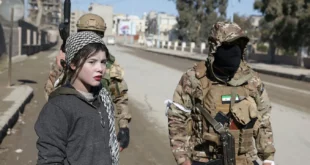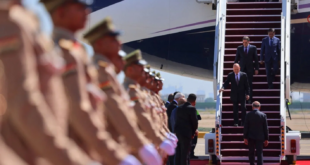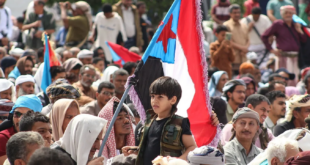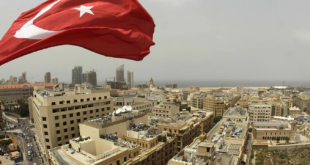SARAJEVO (Reuters) – Radovan Karadzic’s appearance before a U.N. judge in The Hague on Thursday starts a process that many Bosnians hope will help them understand better what happened during the 1992-95 war.
The former Bosnian Serb leader appeared before a U.N. tribunal on genocide charges over the 43-month siege of Sarajevo and the massacre of 8,000 Bosnian Muslims in the Bosnian town of Srebrenica in 1995, and will soon go on trial.
The violence was part of Karadzic’s plan to link Serb-held land in Bosnia with Serbia proper, driving the former Yugoslav republic’s Croats and Muslims out of these areas.
“I hope this trial will shed new light on the process of ethnic cleansing and aggression on Bosnia, maybe provide new evidence so we finally know who is really responsible,” said Haris Silajdzic, the Bosnian Muslim wartime foreign minister.
He said the trial would boost the credibility of international justice but reconciliation was far off because of Bosnia’s division along ethnic lines, cemented by a peace deal that split it into a Muslim-Croat federation and a Serb part.
Survivors say more than wanting revenge, they hope the trial will help them understand more about Bosnia’s war.
“The time has come for the truth,” said Fikret Alic, who was beaten and tortured with thousands of Muslims and Croats in a Serb detention camp.
A photograph of Alic’s sunken face over a skeletal torso staring through the barbed wire at the Trnopolje detention camp became a symbol of the war’s brutality.
“We could have lived together,” he says. “Why we were at war, why people had to die, this is what I cannot understand.”
For many, understanding more does not mean forgiveness.
“Even if I would want to forgive, I can’t,” said Serif Velic, a camp survivor, standing by a mass grave that held the bodies of 456 Bosnian Muslims killed by Serbs. “There is nobody coming and asking us to forgive them.”
SERBIA
Karadzic was arrested in Serbia last week after 11 years on the run. It is not clear whether his trial will affect the way Serbia sees itself and its part in the war.
In the week since the arrest, there has been more numbness than soul-searching in Serbia. Politicians have worried about the reaction of nationalists, and media have focused on details of Karadzic’s disguise as an alternative healer.
Little has been said of reconciliation with neighbors, of how he was able to live in Serbia for years despite being on the run, or of Serbian authorities’ failure to arrest him sooner.
Officials have focused more on the effect his extradition would have on Serbia’s bid for European Union membership, so far hamstrung by its war crimes past.
“This is the first proof that the government will bring Serbia to the door leading into the European Union,” said Serbian Human and Minority Rights Minister Svetozar Ciplic.
What is said at the high-profile trial is, however, expected to have an impact.
“There is no doubt that the trial of Radovan Karadzic will reveal many secrets,” said Bosnian Serb political analyst Tanja Topic.
She said the trial must focus on Karadzic, not the Serb Republic, the autonomous half of Bosnia that still considers him a hero, because “that could bring about the secession of the Serb Republic”.
Ethnic Serbs in Bosnia and Serbia proper are defensive of their wartime record and view the tribunal in The Hague as a tool of Western propaganda. Attempts at public inter-ethnic debate over the wars and the crimes have failed.
 Eurasia Press & News
Eurasia Press & News



